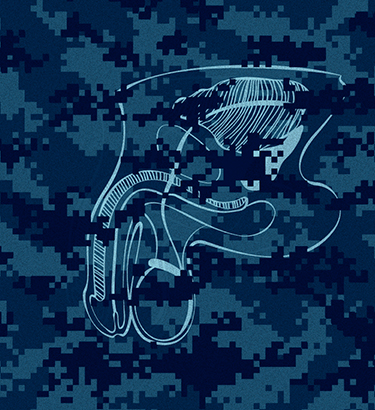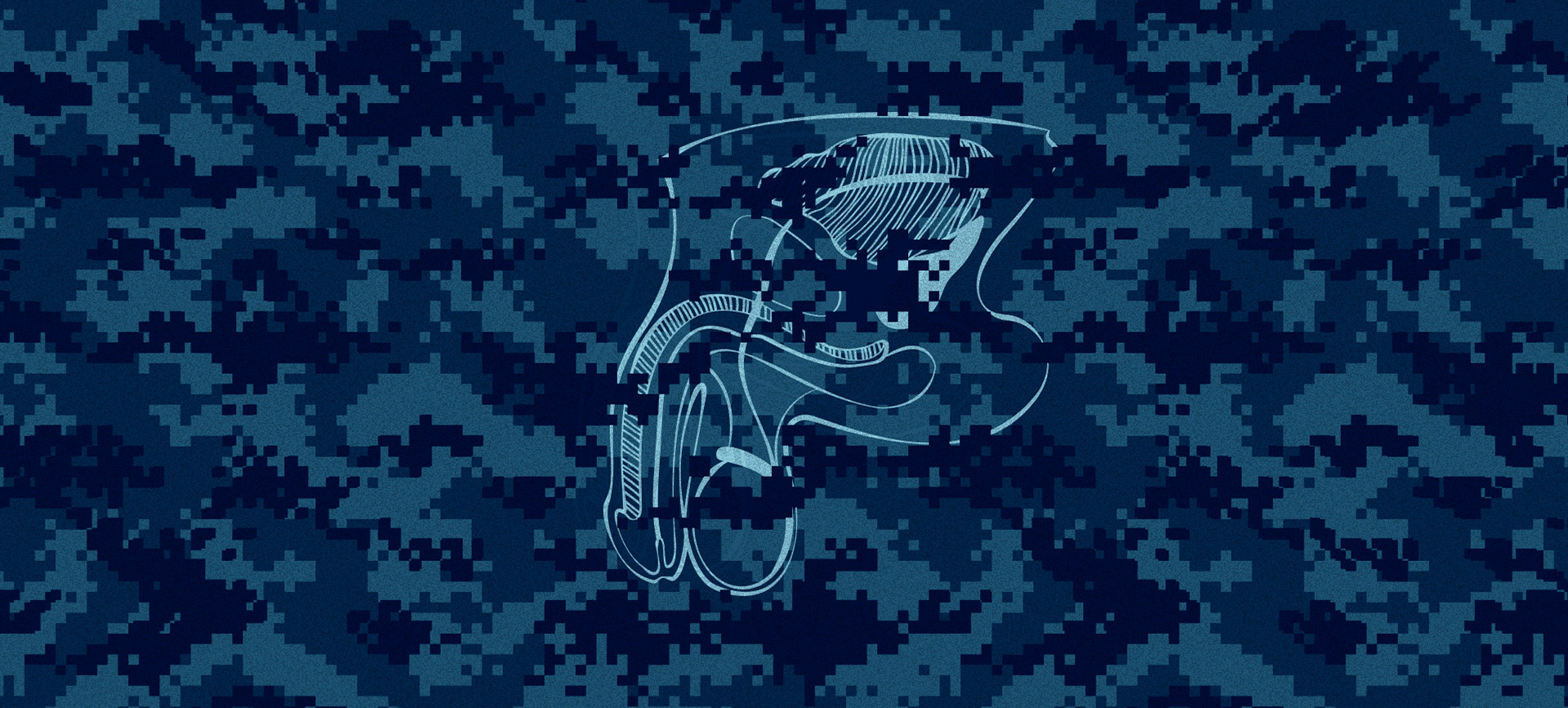Editor's note: The first article in this series delved into female infertility in the military. It also covered many basics about the healthcare system and what support is (or is not) available to military members facing infertility. Read that article to get an overview of the situation. For this article, we focus specifically on male infertility in the military.
People serving in the military experience unique occupational exposure to physical and psychological trauma that is often unparalleled in civilian society.
Male military veterans have a greater risk of infertility than the general population, with an estimated 13.8 percent lifetime prevalence, according to a 2018 study published in the journal Translational Andrology and Urology. However, the same study points out that male military veterans are less likely to seek or receive infertility care than their female counterparts.
Similar to female infertility, the cause of male infertility in active-duty soldiers is multifactorial and complex.











